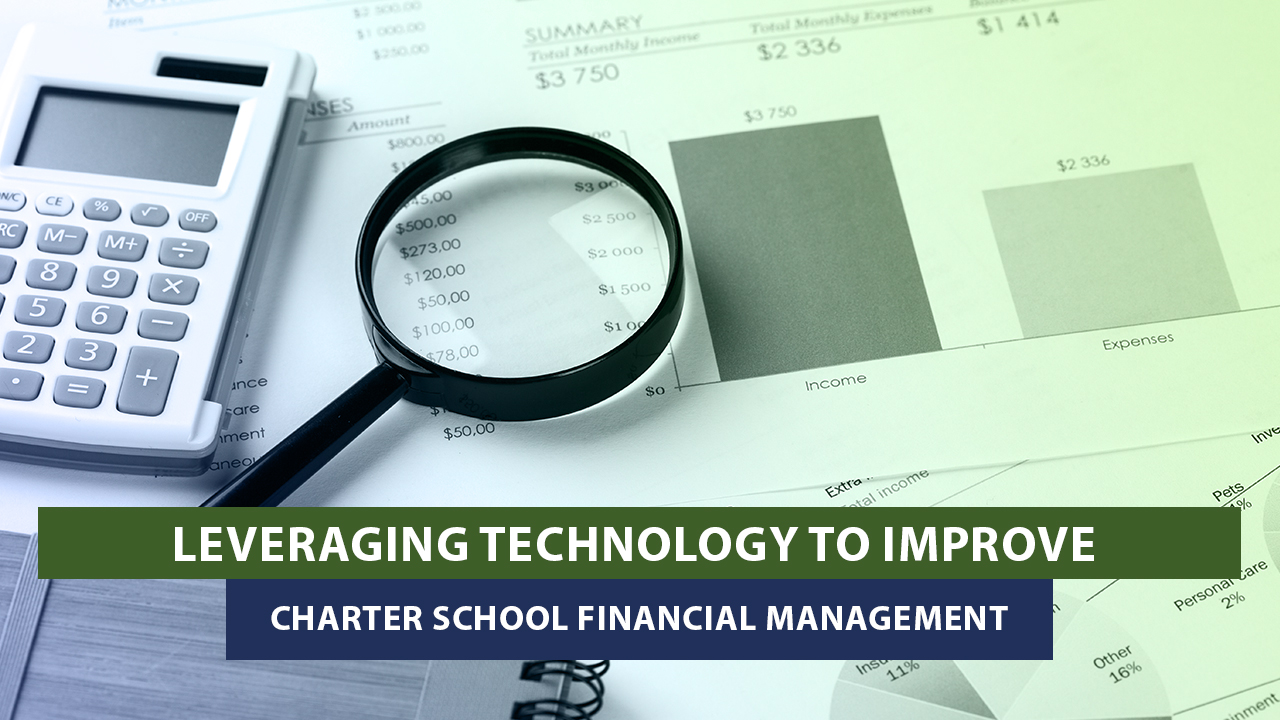Leveraging technology to improve charter school funding management helps streamline the school’s financial processes more effectively and efficiently. There are some must-know criteria to make things more effective and efficient by making use of technology.
Here are the benefits of technology in charter school financial management:
- Automation: Automating financial processes saves time and effort. For example, automation software used for financial transactions reduces the risk of human error by automating the invoicing, collection and payment processes. In future, it’s possible to provide benefits with less effort to School Finance.
- Analysis: Financial management software monitors the income and expenses of the school, analyzes the data and produces reports. These reports provide school management with the necessary information for financial targets and budget planning.
- Monitoring: Financial management software provides the opportunity to monitor the financial situation of the school instantly. In this way, school management can quickly identify financial problems and produce solutions.
- Data Security: Financial management software securely stores the school’s financial data. In this way, the risks of data loss or unauthorized access are minimized.
- Mobile Access: Accessing financial management software via mobile devices provides faster and easier access to school administration. In this way, the school administration can follow the financial processes from anywhere.
As a result, the benefits of technology in school finance management make the school’s financial processes more efficient and effective. This, in turn, can help the school meet its financial goals.
Also: What Is A Charter School Finance? Everything You Need To Know
What is Leveraging Technology?
Leveraging technology is the process by which an institution or person makes its activities more efficient or discovers new opportunities by using technological tools and solutions. It provides advantages in many areas such as making use of technology, automating business processes, performing data analysis, communicating quickly and effectively, collaborating, working remotely and improving the customer experience. By leveraging technology, businesses and institutions become more competitive, customer satisfaction increases and higher productivity is achieved.

What is School Finance Management?
Charter finance management is the process of providing and managing the resources needed to ensure the delivery of student education services, using the financial resources of a charter school effectively and efficiently. In this process, school management deals with budgeting, income-expenditure analysis, fund resource management, efficient use of resources, reporting and other financial transactions.
Charter schools get funding from different sources such as public funds and private donations. In the financial management process, the school administration aims to increase the education quality of students, improve the working conditions of teachers and staff, and develop the infrastructure of the school by using these resources effectively.
In addition, charter school financial management includes meeting the legal requirements that govern the school’s financial affairs. This means preparing tax returns, issuing accounts reports, obtaining permits to use funds, and meeting regulatory compliance requirements for other financial transactions.
How to Leverage Technology to Improve Charter School Financial Management?

There are some steps charter schools can take to leverage technology and improve their financial management. These important steps can make great and serious contributions to contract schools in terms of long and short term.
Check out the steps schools can take to leverage technology and improve their financial management:
- Use a cloud-based accounting system: A cloud-based accounting system provides real-time access to financial data from anywhere, making it easy to manage budgets, expenditures, and financial reporting. It also allows multiple users to access the system at the same time, enabling better collaboration between stakeholders.
- Implement financial management software: Financial management software can automate routine tasks such as billing, payroll, and expense tracking. This gives school administrators more time and resources to focus on strategic planning and analysis.
- Use data analytics tools: Data analytics tools can help charter schools make data-driven decisions for resource allocation, program evaluation, and financial forecasting. With these tools, schools can identify trends, track performance, and optimize resource allocation to improve student outcomes.
- Allow online payments: Accepting online payments can improve cash flow and reduce administrative burden by automating the payment process. It can also improve the overall customer experience for parents and students.
- Protect data with cybersecurity measures: As schools store more sensitive financial information online, robust cybersecurity is necessary to protect against cyber threats. This includes firewalls, encryption, and regular backups.
By using technology to simplify financial management, charter schools can increase their operational efficiency, reduce costs and make more informed decisions about resource allocation.


